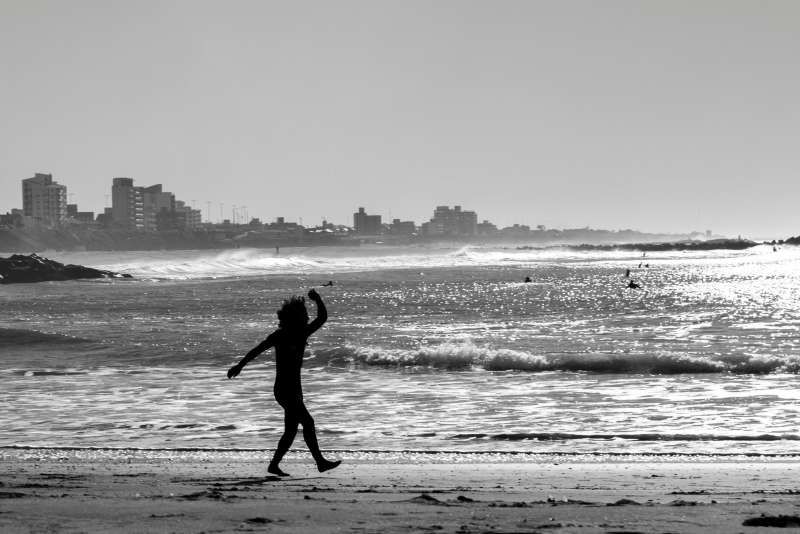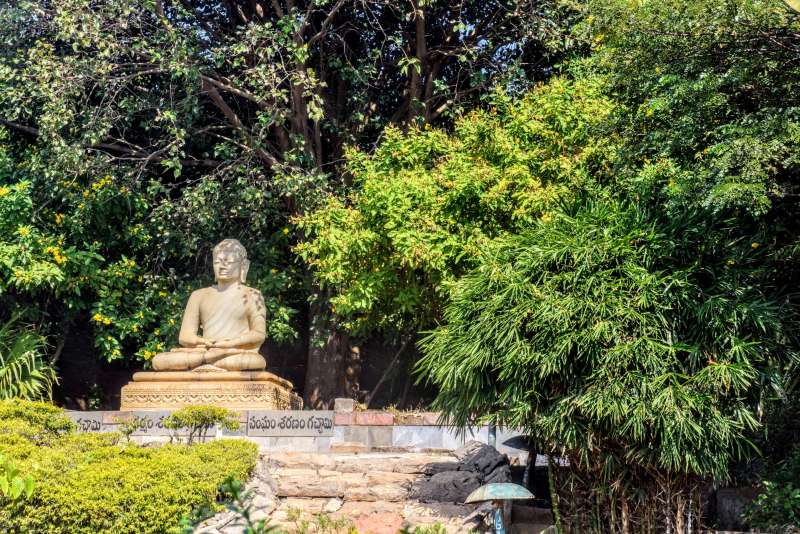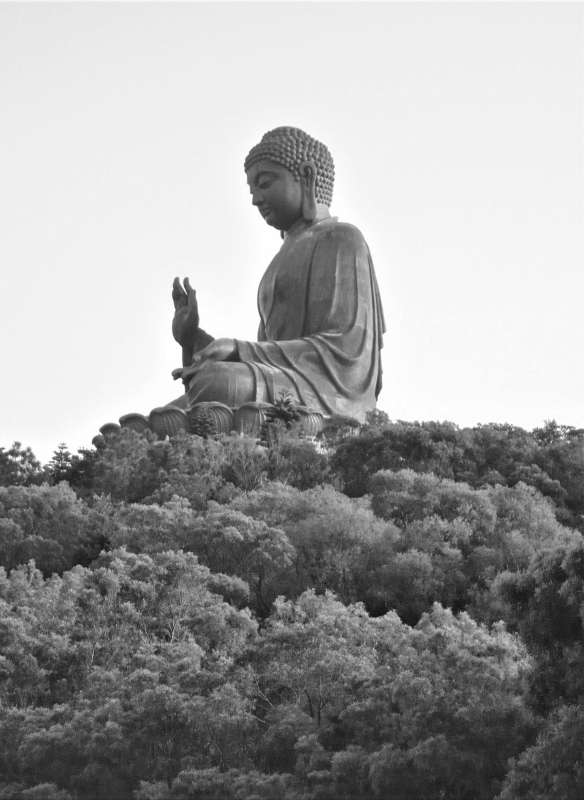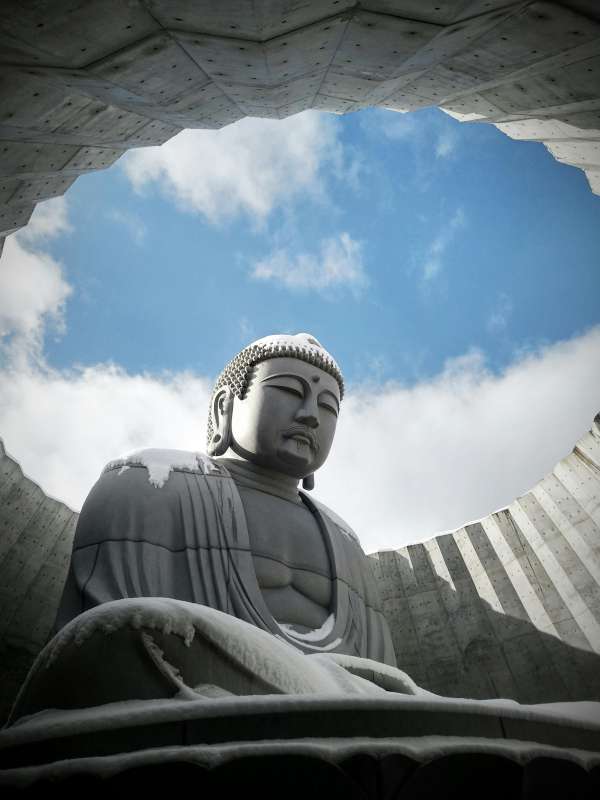Children of Light: Ramadan and Schools in Zanzibar
Published on: May 3, 2025
In the island of Zanzibar (Tanzania), Ramadan has a significant impact on the educational rhythm. Schools adjust their schedules to accommodate children and teachers who are fasting. This piece explores how religious values are transmitted through education, how Quranic classes are conducted, and how respect for religious duty is nurtured within the community.
Adjusting to the Rhythm of Ramadan: A Glimpse into Zanzibar’s Schools
During the holy month of Ramadan, Muslims around the world fast from dawn to sunset. This period of fasting is not just a physical abstention from food and drink, but also a time of increased prayer, reflection, and community. In Zanzibar, a predominantly Muslim island, the rhythm of Ramadan permeates into the education system, with schools adjusting their schedules to match the fasting hours of students and teachers.
Teaching Religious Values Through Education
Educational institutions in Zanzibar serve as a bridge between religious values and formal education. Quranic classes are incorporated into the school curriculum, allowing students to learn and understand their religious texts. These classes go beyond mere recitation; they delve into the interpretation of the texts, fostering a deeper understanding of the faith.
Quranic Classes: Echoing the Words of the Holy Book
Unlike regular classes, Quranic classes begin early in the morning, allowing students to study before the fasting period begins. These classes are usually conducted in small groups, enabling individual attention to each student. The focus is on correct pronunciation, understanding the meaning of verses, and applying the teachings in daily life.
Nurturing Respect for Religious Duty
Within the community, there is a deep-seated respect for religious duties. This respect is nurtured in schools, where students learn about the significance of fasting during Ramadan. They are taught that fasting is not just about abstaining from food and drink, but also about self-discipline, empathy towards those less fortunate, and gratitude for the blessings in life.
Adapting to the Challenges of Ramadan
While Ramadan is a time of spiritual growth, it can pose challenges in the educational setting. Schools in Zanzibar take steps to mitigate these challenges, such as adjusting the school timetable to match the fasting hours, allowing for shorter school days, and providing time for rest and prayer. It is a testament to the resilience and adaptability of the education system to the religious practices of the community.
Final Thoughts
The interweaving of religious practices with education in Zanzibar during Ramadan is a reflection of the community’s commitment to its faith. It showcases how religious values can be seamlessly integrated into the educational system, creating a holistic learning environment that fosters spiritual growth and academic development. This unique blend of religion and education serves as a model for other communities around the world seeking to balance religious practices with formal education.










